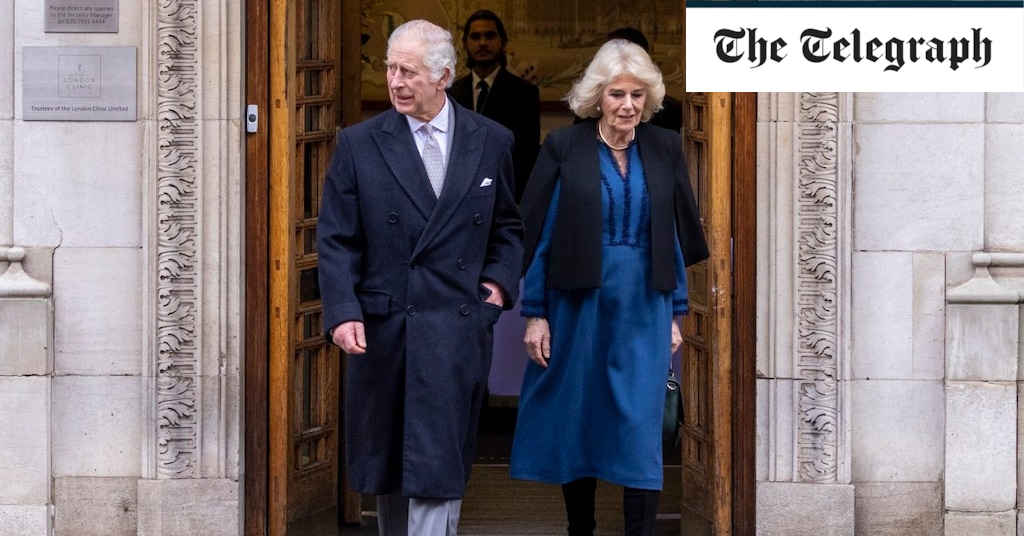For all the bombastic talk of cancer being “cured”, or of being given “the all-clear”, the truth is that for many of those diagnosed with the disease the journey that follows can be slow and uncertain.
Doctors will typically say patients are in remission when signs of their cancer have disappeared.
If traces have reduced to a significant extent, they may speak of “partial remission”.
But most oncologists are reluctant to use the language of cure unless a patient remains in complete remission for five years, with some drawing the line at 10.
Cancer can recur if the original treatment did not eradicate all the cancer cells, and those left behind grow into a new tumour – or if some cells have spread elsewhere in the body, and begun to form a new growth.
Risks vary for different cancers, and the stage at which they are caught.
Overall, the risk of developing cancer increases with age and more people receive a diagnosis during their 70s than in any other decade.
Prostate cancer is the most common type of cancer in men aged 75 and over, but the Palace confirmed that the monarch did not have the condition.
Lung cancer is the second most common, accounting for 16 per cent of cancers in those aged 75 and older. While smoking is the leading cause of lung cancer, the King has not smoked since trying cigarettes as a schoolboy.
For bowel cancer – the third most common form of cancer in men aged 75 and over – experts say that if disease is to return it is most likely within three to five years of diagnosis.
Bladder cancer is the fourth most common type in his age group. Symptoms are similar to that of an enlarged prostate, or prostate cancer, which includes a frequent need to urinate, a burning sensation and blood in the urine. Recurrence rates for bladder cancer can be quite high compared with other types of cancer, with around half of those who develop the disease likely to require further treatment.
However, across almost all cancers, survival is improving.
Survival rate
While one in two people in the UK can expect to develop cancer in their lifetime, most of those newly diagnosed will survive for at least 10 years.
Back in February, the palace said that the King had chosen to share the news of his cancer diagnosis in order to “assist public understanding” of the disease.
Since then, charities and NHS websites have paid tribute to His Majesty, saying his openness has encouraged others to come forward for checks, in a shift which promises to save lives.
On Tuesday, the King will mark his return to public life with a carefully chosen first engagement – to a cancer treatment centre, where he will meet patients and medical specialists.
The joint visit with the Queen signals not just his gratitude to the medical profession, but his determination to shine a light on the journey which millions of cancer patients must navigate.

